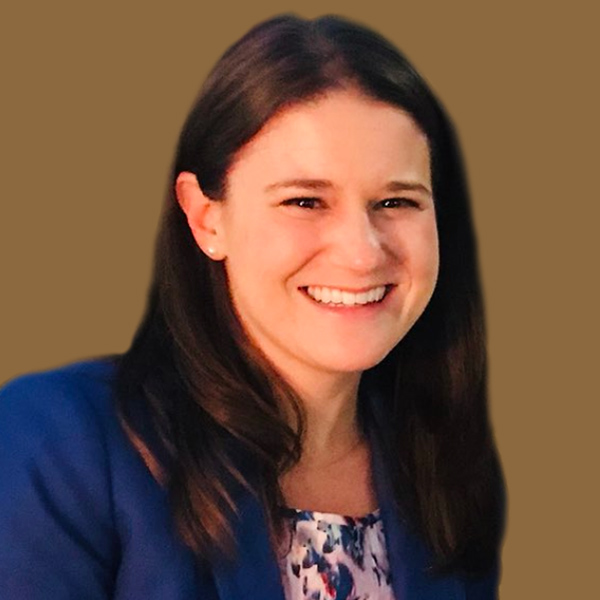#ChooseCardiology: Rose Tompkins, MD, FACC

FEATURE | Someone once told me to be open to all possibilities, as you never know what opportunities may come your way. As I looked back, I found myself really taking this to heart (no pun intended).
By the time I started residency, I felt strongly about pursuing a career in cardiology. Interestingly, I did not have the initial intention of subspecializing in adult congenital heart disease (ACHD) because it was not an official cardiac subspecialty, rather a unique niche where only a few centers in the U.S. were offering non-accredited fellowship training.
However, I found myself seeking out opportunities of exposure to the field, and with that, my passion and interest continued to grow.
Through a series of serendipitous events (and remaining open to all possibilities), I found myself entering the first ever year that ACGME accredited ACHD advanced fellowships in 2016.
I was fortunate to have wonderful mentors and a supportive cardiology fellowship program that allowed me to explore my interests in ACHD and set me up for success in pursuing what ultimately became my passion.
I should mention that I completed my general cardiology fellowship at New York University, and my fellowship class was a majority female – so I want to give kudos to my former program director, Barry P. Rosenzweig, MD, FACC, for his tireless support of not only fellow education but also fostering women in cardiology.
I also want to acknowledge another important mentor, George K. Lui, MD, FACC, who was my ACHD program director at Stanford and continues to be supportive of my early career development. He provided me with an important example of work-life balance in this demanding field.
I chose ACHD because I am never bored and am challenged every day. I can honestly say that no two patients are alike. Since we advocate life-long follow-up in ACHD, I get the opportunity to follow patients through a majority of their life, and I find great reward and gratitude in the trust that my patients bestow upon me to help guide and manage their care.
I get to be a "jack-of-all-trades" as there is significant interplay of congenital heart disease with all the other facets of cardiology, including prevention, acquired heart disease, interventional cardiology, electrophysiology, heart failure and transplant, pregnancy, cardiac imaging, and the list goes on.
ACHD requires tremendous multidisciplinary collaboration with colleagues, as well as creativity and outside-the-box thinking due to many issues we encounter that are not in the textbooks.
Since it is the newest cardiac subspecialty, the field is not yet saturated and there is overwhelming potential in program development, medical education, patient advocacy and research.

As such, there is significant opportunity for women cardiologists in this field to become leaders. As junior faculty, I feel incredibly fortunate to have joined faculty at Cedars-Sinai Medical Center and given the opportunity to develop an ACHD program at such an early point in my career.
This obviously comes with great challenges, but also great rewards. As a mother of a toddler, I am learning how to be better at work-life balance – but it is possible (a supportive partner certainly helps).
My advice to women in training is to select a career in which you do not mind reading about an arbitrary diagnosis or concept at some odd hour – no matter how tired you are – because you are just fascinated by the topic.
If that diagnosis or concept happens to be cardiac in nature and your passion is there, the long hours and sacrifice will be well worth a very rewarding career – but baseline passion for the field is key. It is what will carry you during the more difficult days.
I would also highlight that some of these challenges are not unique to cardiology, but as more women enter the field and ascend to leadership positions, culture and perceptions within cardiology are continuing to evolve for the better.

